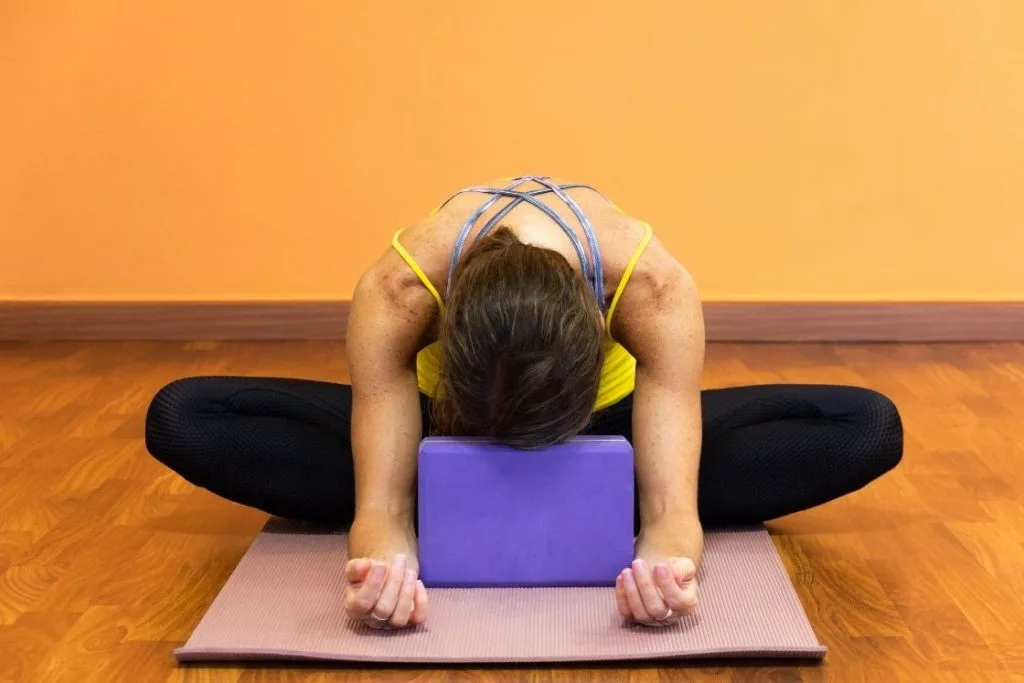4 Powerful Ways to Cultivate Self-Compassion in Yoga
In a modern yoga-scape littered with self-development literature and enlightenment-centric teachings, some of yoga’s finer—and more beautiful—teachings are often overlooked. Self-compassion is one such teaching that’s particularly emphasized in the Kripalu Yoga tradition (Kripalu means “compassionate” or “merciful” in Sanskrit). Our modern emphasis and value on a physically demanding yoga asana practice often subjugates and sacrifices our compassion for achievement. This need not be the case. There are several simple and easy ways to encourage self-compassion while still maintaining the intensity and challenge in your yoga practice.
What is self-compassion
Self-compassion is the act of expressing understanding, acceptance, tenderness, kindness, and love towards oneself as a response to feelings of suffering or inadequacy. Self-compassion requires one to accept the imperfections of the self and the ability to see opportunities for growth, learning, and wisdom in our mistakes and misfortunes. While suffering is part of our human experience, we can consciously and mindfully choose to be compassionate when it arrises in our lives.
Viewing ads supports YogaBasics. Remove ads with a membership. Thanks!
Self-compassion is a powerful technique to reduce negative thought patterns and to promote mental well-being, inner-strength, and resilience. It is also a simple way to create more energy, aliveness, happiness, and self-worth in your life. Swami Kripalu once said, “My beloved child, break your heart no longer. Every time you judge yourself you break your own heart. You stop feeding on the love, which is the wellspring of your vitality. The time has come. Your time. To live, to celebrate, and to see the goodness that you are. You, my child, are divine. You are pure. You are sublimely free…”
Self-compassion is, fundamentally, a tantric approach. To a western population accustomed to self-criticism, loving oneself wholly—appreciating all facets equally, both dark and light—just doesn’t feel quite right. Aren’t we supposed to be on the “fast track to enlightenment,” staying positive and shunning those aspects of ourselves that don’t align with our ideal selves? How could we possibly be perfect when we have so many flaws that need “fixed”? How can we reconcile our sense of “not-enoughness” with the tantric maxim that we’re infinitely more than enough?
How to cultivate self-compassion in yoga
Ten million self-help books and strengthened inner critics later, suffering—and our haphazard attempts to thwart it—persists. As Jung poignantly noted, the more we deny or resist our experience of suffering, the stronger it becomes. Self-compassion and tantra yoga teach that only by loving all of ourselves can we truly walk in the light of our hearts, embracing suffering as much as joy. There are four simple methods to experiment with to bring more compassion and kindness to your yoga and your life.
1. Treat yourself like a beloved friend
On the yoga mat, self-compassion can buffer self-judgment that may arise during a challenging pose, injury or fatigue, self-other comparisons, or beating yourself up for not being quite “yogi” enough, whatever that means. Note this as a moment of suffering (however great or small). Then give yourself permission to self-soothe or care for yourself as a loved one or beloved friend might. Can you back out of the pose any amount? Can you find the kindness to let yourself come into child’s pose for a few breaths?
2. Connect to your breath
The quality, length, and depth of your breathing provides immediate feedback to how easeful and kind you are approaching your asana practice. Pay close attention to your breathing during your yoga practice. When you notice your breathing becomes laborious or shallow, choose to change your breathing to invite kindness and sweetness into your practice. Not only will maintaining a slow deep breath promote compassion, but it will also help reduce stress, tension, and trauma as well as bring more energy and awareness to your yoga poses.
3. Practice yoga with your eyes closed
Having your eyes closed or your gaze soft during yoga poses will encourage you to let go of the need for outside validation and reduce self-criticism. Shift your focus away from what the pose looks like and instead pay more attention to what the pose feels like. Choose to make adjustments and engagements of your posture based on your inward experience of the pose rather than from the comparisons to the other bodies in the room. Rather than letting others drive your actions, turning your focus inwards will strengthen self-motivation and self-esteem. This will also create a more sustainable and rewarding practice.
4. Send yourself compassion
In Kripalu yoga, asanas are seen as practices for the yoga of life. On your yoga mat, whenever challenges or struggles arise, you may place both palms on top of your heart and internally note, “this is an experience of suffering.” Then say phrases to self-soothe and comfort (may I be safe, may I be healthy, etc.). If it is hard to send yourself compassion, then imagine that you are expressing kindness to the part of you shared by all beings, or towards a beloved pet or loved one as an extension of yourself.
As poet Mary Oliver beautifully elocutes in her poem “Wild Geese”:
You do not have to be good. You do not have to walk on your knees for a hundred miles through the desert, repenting. You only have to let the soft animal of your body love what it loves.
What practical ways have you found of cultivating self-compassion on the mat or in your daily life? We’d love to know what you have found to be the most effective and kind ways to feel compassion towards yourself.






